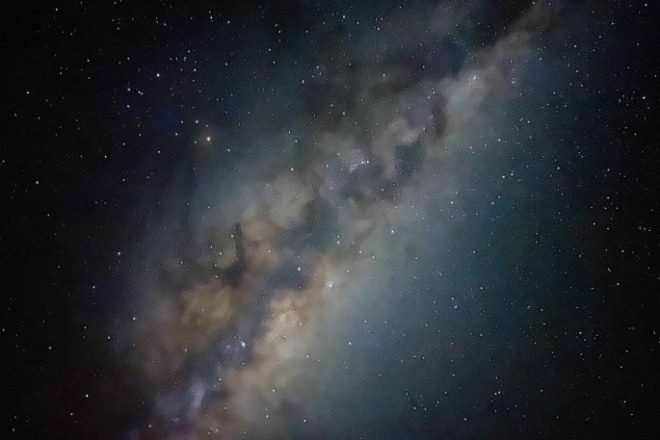Tourism Minister Matt Doocey of New Zealand has proposed turning the country into a “dark sky nation” to attract international tourists interested in stargazing. This idea is supported by the Royal Astronomical Society of New Zealand. To achieve this, the country would need to reduce light pollution, such as outdoor lighting.
Research by Tourism New Zealand indicates that over 70% of potential visitors to the country are interested in stargazing. The best times for this are during the off-peak and shoulder seasons for tourism, which could provide an economic boost during quieter periods.
Doocey believes that this initiative could bring jobs to rural areas of New Zealand and help promote the country during off-peak periods. A report commissioned by Enterprise North Canterbury shows that a dark sky trail could generate $4.6 million in visitor spending and create up to 24 jobs in the Waimakariri region.
The Oxford Dark Sky Group, with support from various community and government bodies, has already obtained dark sky park status for the Oxford Forest Conservation Area. They are now planning to apply for dark sky reserve status, which would include the town of Oxford.
Other regional tourism organizations are also working on developing a dark sky trail across Canterbury. The Aoraki Mackenzie International Dark Sky Reserve was established in 2010, and the Kaikōura Dark Sky Trust is about to apply for dark sky sanctuary status. Doocey encourages such initiatives and believes they can bring economic benefits at little cost.
The Royal Astronomical Society of New Zealand secretary, Raul Elias-Drago, believes a national approach is needed, possibly led by the Department of Conservation. He also hopes to use the upcoming New Zealand Starlight Conference in Tekapo to further discussions about becoming a dark sky nation. In 2020, Niue became the first country in the world to become an International dark sky nation.






























































